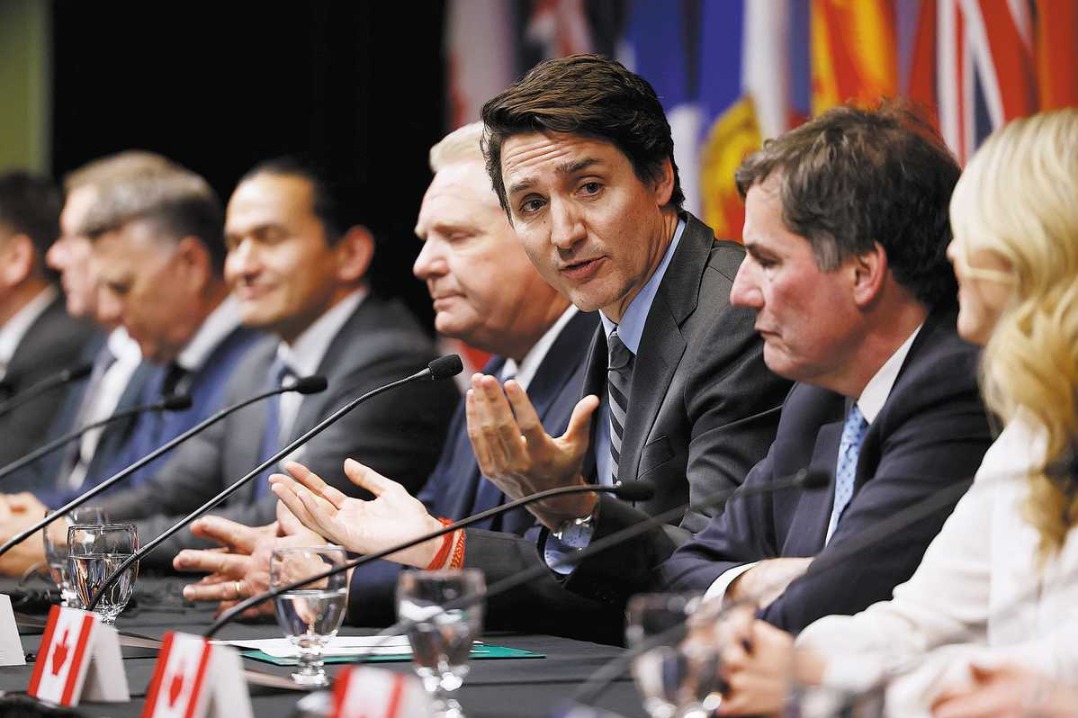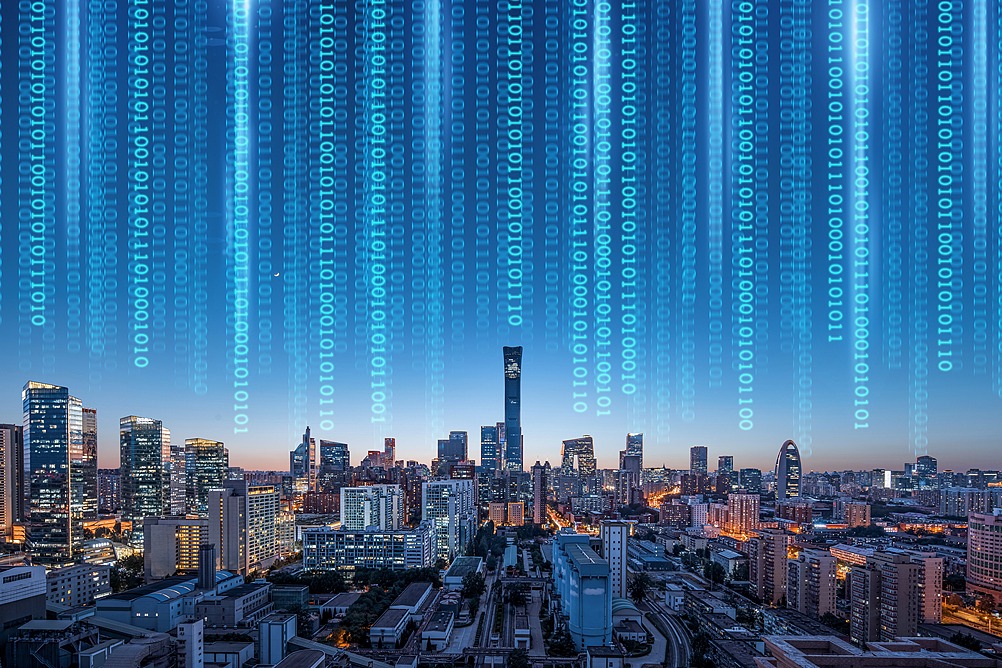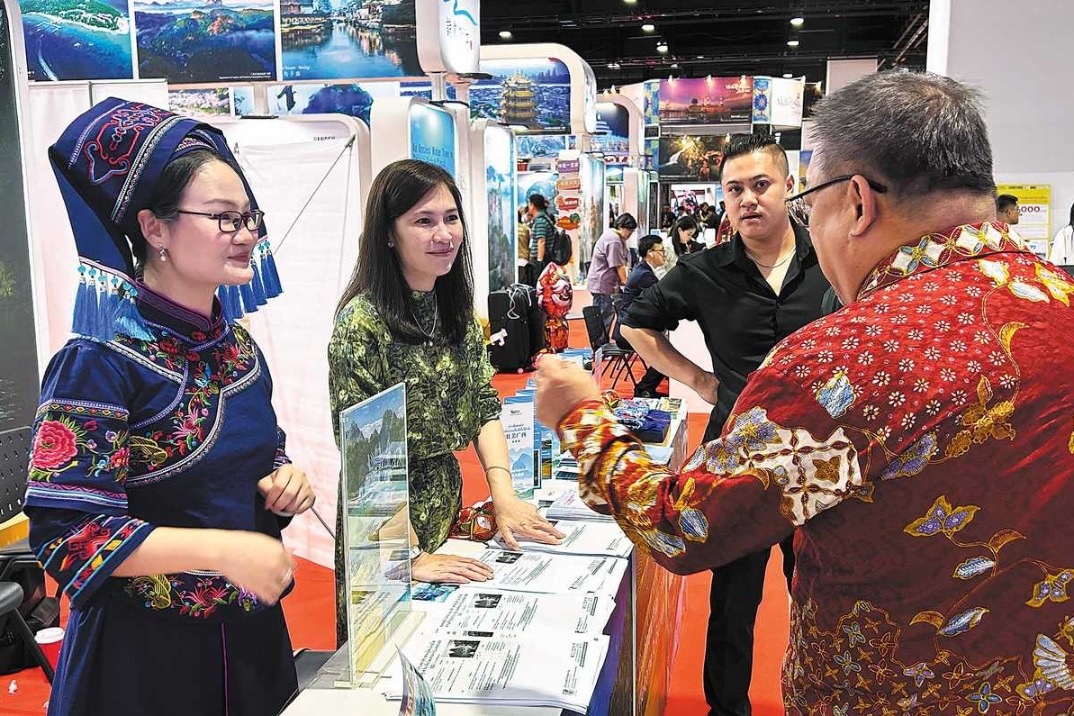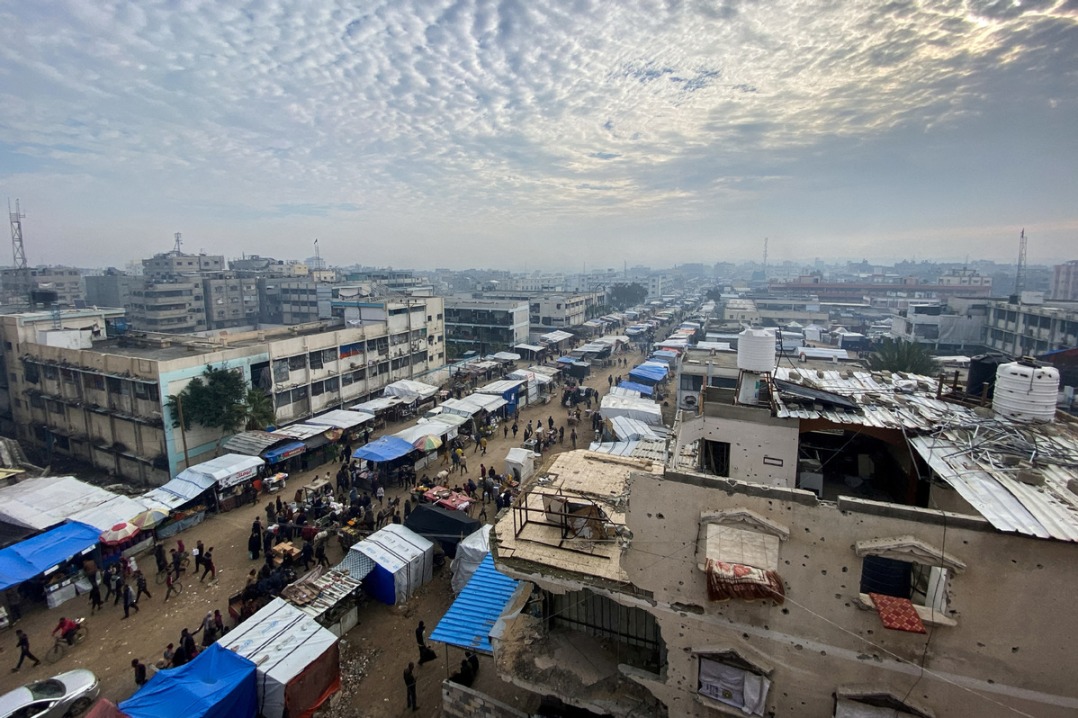Multilateralism, equity needed more than ever, say experts at peace forum


Under the complicated and drastic changes altering the landscape of the world development, coupled with the global trade headwinds as well as the lasting impacts of the COVID-19 pandemic challenges, it is now more important than ever for the world to protect multilateralism, embrace the international equity and justice and maintain the global security.
At the 9th World Peace Forum, organized by Tsinghua University and co-organized by Chinese People's Institute of Foreign Affairs in Beijing on July 3 to 4, experts and ambassadors discussed hot global issues under the theme "International Security Cooperation in the Post-Pandemic Era: Upholding and Practicing Multilateralism".
They said that hegemonism and power politics will not work. To safeguard the world peace and boost economic recovery, the irrational accusations, impulsive conflicts and shortsighted protectionism must be abandoned.
In his keynote speech, Chinese State Councilor and Foreign Minister Wang Yi said that the ultimate reason why there are various confrontations and governance difficulties in the world today is that the idea of multilateralism is not effectively safeguarded and the international rules based on the UN Charter are not fully respected.
"Upholding and practicing true multilateralism is the correct direction to solve complicated problems in today's world and effectively respond to various traditional and non-traditional security challenges. It is also the only way to break zero-sum game, resist unilateral bullying, and truly achieve lasting peace and common security,"Wang Said.
Qiu Yong, president of Tsinghua University and chairman of the WPF, said at the opening ceremony that the COVID-19 pandemic has made the world more complex and unpredictable. Making coordinated international efforts is the only way to overcome the current crisis. Stability and peace are solid foundations for growth and prosperity. Measures should be taken to prevent chaos, and the WPF is willing to contribute to the positive discussions on global security issues.
Wang Chao, president of the Chinese People's Institute of Foreign Affairs, said that since the outbreak of COVID-19 last year, the international order is faced with huge challenges. However, we found that the trend of world multi-polarization has remained unchanged, and the voice for upholding multilateralism and strengthening communication and coordination are louder.
By mentioning the climate change threats, Yasuo Fukuda, former prime minister of Japan, said that in face of the challenges, the entire international community must be united and take actions as soon as possible. The great powers should become the model of the world, which cannot afford hegemony or power politics.
Ban Ki-moon, former United Nations secretary-general and chairman of Ban Ki-moon Foundation For a Better Future, told the forum that we must elevate our sustained efforts to reinvigorate multilateral cooperation in order to holistically address the inherently global challenges of both today and tomorrow. Doing so will help forge a brighter, more harmonious international order that is fit for purpose in the post-pandemic epoch.
"No country is an island in today's increasingly interconnected world. Indeed, isolationism is simply no match for viruses, wildfires, cyber-attacks, sea level rise, or other non-traditional security threats. As such, we require solutions underpinned by multilateral cooperation, sustainability, inclusion, and partnership," Ban said.
Herman Van Rompuy, former president of the European Council and former prime minister of Belgium, stressed that the world order must be based on trust. "The latter is too much lacking today. Until that is restored, multilateralism based on rules respected by all, will not really be restored either. "
He continued that we must learn to live with differences between countries, which is the basis of harmony, solidarity and peace. At the global level, one can be competitors and rivals of different kinds but that does not make one an enemy of each other. One can even be strategic partners in well-defined fields or projects even if the countries are not likeminded and even if they say so publicly.
Noting China has just celebrated the 100th anniversary of the Communist Party of China, Surakiart Sathirathai, former deputy prime minister and foreign minister of Thailand, commented that "the progress and prosperity that China has achieved in this span of time is unprecedented in recent history."
He added that the VUCA world, the world of volatility, uncertainty, complexity, and ambiguity will continue. However, it is through multilateral cooperation, and not unilateral actions that we can make VUCA world manageable, peaceful, and prosperous.
"It is incumbent upon us to work together and act together to guard against volatilities and uncertainties in a world in transition. Hopefully, by revitalizing multilateralism, the world will be less complex and more manageable, and the ambiguous situation confronting us will be clearer and more transparent," Sathirathai said.
Wang Jing contributed to this article.
































